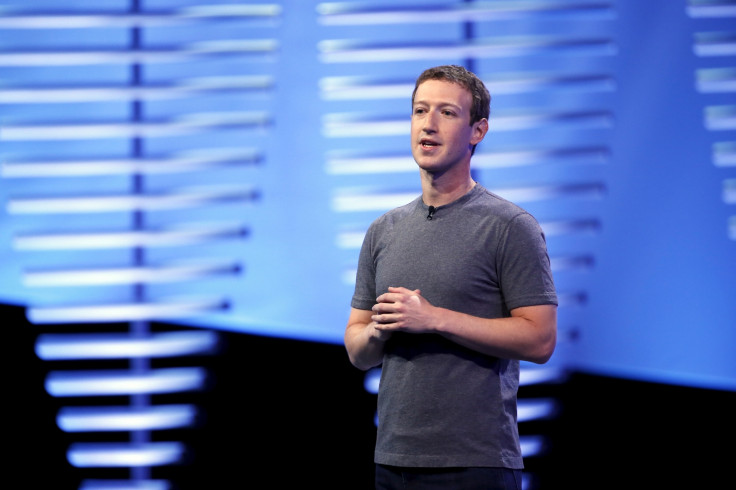Mark Zuckerberg's posts on fake news and US election deleted due to system error
The error reportedly affected about 10 Facebook posts written by Zuckerberg.

Multiple Facebook posts written by chief executive Mark Zuckerberg briefly disappeared from his profile page on Tuesday (29 November) including his statements about the US election and the spread of fake news on the platform. The posts eventually reappeared later in the day.
A Facebook spokesperson told The Verge that the removal of Zuckerberg's posts was accidental.
"These posts were removed by mistake," the spokesperson said. "This was caused by an error in one of our systems and the posts have now been restored. Mark's account was not compromised, and he stands behind the words in his posts."
The spokesperson did not give details regarding what caused the glitch.
The error reportedly affected about 10 posts by Zuckerberg including one from 12 November that included his reaction to the US presidential election and Facebook's role in the distribution of fake news stories and conspiracy theories.
Many critics argued that the rampant spread of false information on the platform may have helped tip the vote in President-elect Donald Trump's favour.
"Of all the content on Facebook, more than 99% of what people see is authentic. Only a very small amount is fake news and hoaxes. The hoaxes that do exist are not limited to one partisan view, or even to politics. Overall, this makes it extremely unlikely hoaxes changed the outcome of this election in one direction or the other," Zuckerberg wrote in the post.
However, he admitted that the company can do more to prevent false news stories and hoaxes from spreading across the social media platform.
Another affected post was the one posted on 19 November in which Zuckerberg outlined the company's plan to crack down on fake news and included a list of improvements in the works such as stronger detection systems, third-party verification services and easier ways for users to flag false content.
"The bottom line is: we take misinformation seriously," Zuckerberg wrote. "Some of these ideas will work well, and some will not. But I want you to know that we have always taken this seriously, we understand how important the issue is for our community and we are committed to getting this right."
A lot of you have asked what we're doing about misinformation, so I wanted to give an update.The bottom line is: we...
Posted by Mark Zuckerberg on Friday, November 18, 2016
However, other posts that were published around the same time were not impacted by the error.
Earlier this month, a strange bug caused Facebook to display a memorial message about users' regular profile pages, including that of Zuckerberg, erroneously declaring them to be deceased. The social media network apologised for the "terrible error", explaining that the message was supposed to be introduced to existing memorialised pages, but was accidentally posted to other accounts as well.
The social media giant has drawn fierce criticism of late for not doing enough to curb the dissemination of misinformation on its site in the lead-up to the presidential election. Facebook and Google announced plans to ban fake news websites from using their ad software to generate revenue.
"The problems here are complex, both technically and philosophically," Zuckerberg wrote in the 19 November post. "We believe in giving people a voice, which means erring on the side of letting people share what they want whenever possible.
"We need to be careful not to discourage sharing of opinions or mistakenly restricting accurate content. We do not want to be arbiters of truth ourselves, but instead rely on our community and trusted third parties."
© Copyright IBTimes 2024. All rights reserved.





















